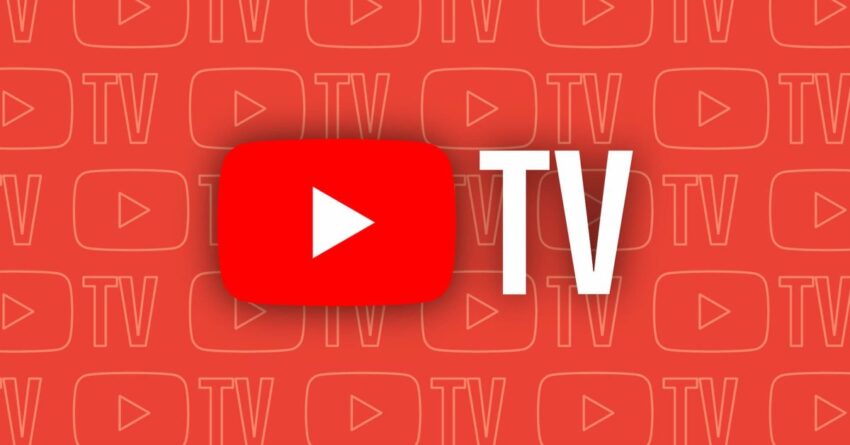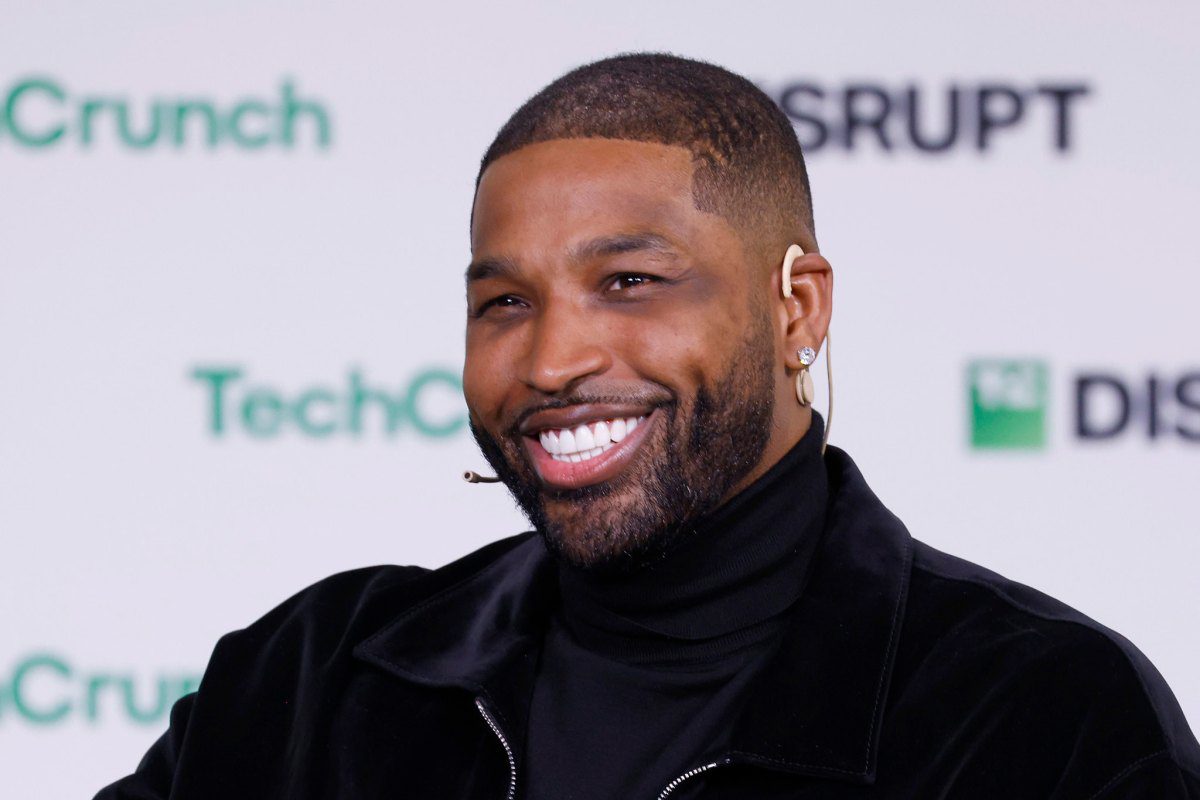
espn abc other disney channels vanish from YouTube TV subscribers are facing a significant disruption as access to ABC, ESPN, and several other Disney-owned channels has been abruptly cut off due to a failed contract renewal between Google and Disney.
espn abc other disney channels vanish from
Background of the Disruption
The recent blackout of Disney channels on YouTube TV is the result of a breakdown in negotiations between Google and Disney. This event marks a critical moment in the ongoing battle over streaming rights and content distribution, which has become increasingly contentious in recent years. The channels affected include not only ABC and ESPN but also a variety of regional sports networks and other Disney-owned properties, totaling over 20 channels that have gone dark for subscribers.
This situation is not unprecedented; similar disputes have occurred in the past between streaming platforms and content providers. However, the scale of this blackout, particularly with major networks like ABC and ESPN involved, has raised alarms among subscribers who rely on these channels for news, sports, and entertainment.
Details of the Contract Negotiations
The negotiations between Google and Disney have been ongoing for some time, with both parties reportedly unable to agree on terms that would allow for the renewal of their contract. While specific details of the negotiations have not been disclosed, industry insiders suggest that the primary sticking points may have included licensing fees, content distribution rights, and the overall value of the channels to YouTube TV’s subscriber base.
As streaming services continue to grow in popularity, the competition for exclusive content has intensified. Disney, with its vast library of channels and programming, holds significant leverage in negotiations. YouTube TV, on the other hand, has positioned itself as a leading live TV streaming service, making the inclusion of Disney channels crucial for its appeal to consumers.
Implications for YouTube TV Subscribers
The immediate impact of this blackout is significant for YouTube TV subscribers. Many users rely on ABC for local news and programming, while ESPN is a go-to source for sports coverage, including major events like the NFL, NBA, and college sports. The loss of these channels means that subscribers will no longer have access to live broadcasts, replays, or any recorded content from these networks.
This disruption has prompted a wave of frustration among subscribers, many of whom have taken to social media to express their dissatisfaction. Some users have reported feeling blindsided by the sudden loss of channels they consider essential to their viewing experience. The inability to access previously recorded content from these channels adds another layer of inconvenience, as subscribers are left without the option to revisit favorite shows or sports events.
Stakeholder Reactions
The reactions from both Google and Disney have been measured, with both companies emphasizing their commitment to providing quality content to their audiences. A spokesperson for Google stated, “We are disappointed that we could not reach an agreement with Disney, and we are working diligently to resolve the situation.” Meanwhile, Disney has expressed its desire to continue negotiations, indicating that it values its partnership with YouTube TV and its subscribers.
Industry analysts have weighed in on the situation, noting that this dispute reflects broader trends in the media landscape. As traditional cable subscriptions decline, streaming services are becoming the primary means of accessing content. This shift has led to increased competition among providers, which can result in volatile negotiations and abrupt service changes for consumers.
Potential Outcomes of the Dispute
As the situation unfolds, several potential outcomes could arise from the failed negotiations. One possibility is that Google and Disney may return to the negotiating table in an effort to reach a compromise. Given the importance of Disney channels to YouTube TV’s offerings, both parties may recognize the need to find common ground.
Alternatively, if negotiations do not resume or fail to yield results, YouTube TV may need to consider alternative strategies to retain subscribers. This could involve seeking partnerships with other content providers or enhancing its existing offerings to compensate for the loss of Disney channels. However, such moves may not fully address the concerns of subscribers who are specifically looking for Disney content.
Context of the Streaming Wars
This incident is part of a broader narrative in the ongoing “streaming wars,” where various platforms vie for dominance in the market. As more consumers shift away from traditional cable, the demand for diverse and exclusive content has surged. Companies like Disney have responded by launching their own streaming services, such as Disney+, which further complicates negotiations with third-party platforms like YouTube TV.
The rise of direct-to-consumer models has led to a reevaluation of how content is distributed and monetized. As a result, traditional partnerships are being tested, and companies are increasingly willing to pull their content from platforms that do not align with their strategic goals. This trend has implications not only for consumers but also for the future of content distribution in general.
Consumer Choices Moving Forward
For YouTube TV subscribers, the loss of Disney channels presents a dilemma. Many may need to consider alternative streaming services that still offer access to ABC, ESPN, and other Disney-owned channels. Options may include traditional cable subscriptions, other live TV streaming services, or even direct subscriptions to Disney’s own platforms.
As consumers evaluate their options, they may also weigh the value of the content they are missing against the cost of their current subscription. This could lead to a shift in subscriber demographics, as some users may opt for services that provide a more comprehensive package of channels, while others may prioritize cost savings over channel availability.
Conclusion
The blackout of Disney channels on YouTube TV serves as a stark reminder of the complexities involved in content distribution and the ongoing evolution of the media landscape. As negotiations between Google and Disney continue, subscribers are left in a state of uncertainty, navigating the implications of this disruption on their viewing habits.
As the streaming wars intensify, the outcome of this dispute may set a precedent for future negotiations between content providers and streaming platforms. The importance of maintaining access to popular channels cannot be overstated, and both Google and Disney will need to consider the long-term implications of their decisions on subscriber loyalty and market positioning.
Source: Original report
Was this helpful?
Last Modified: October 31, 2025 at 11:37 am
1 views














